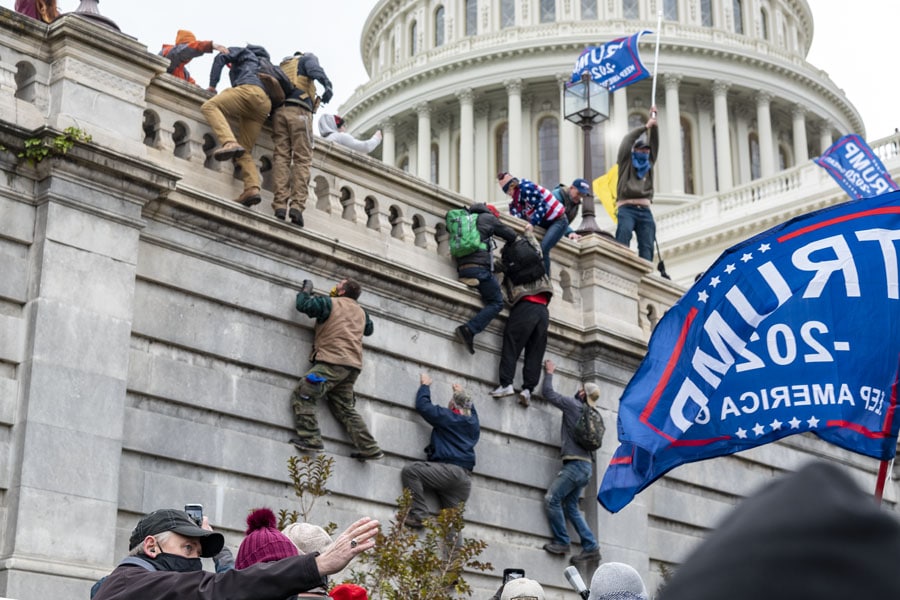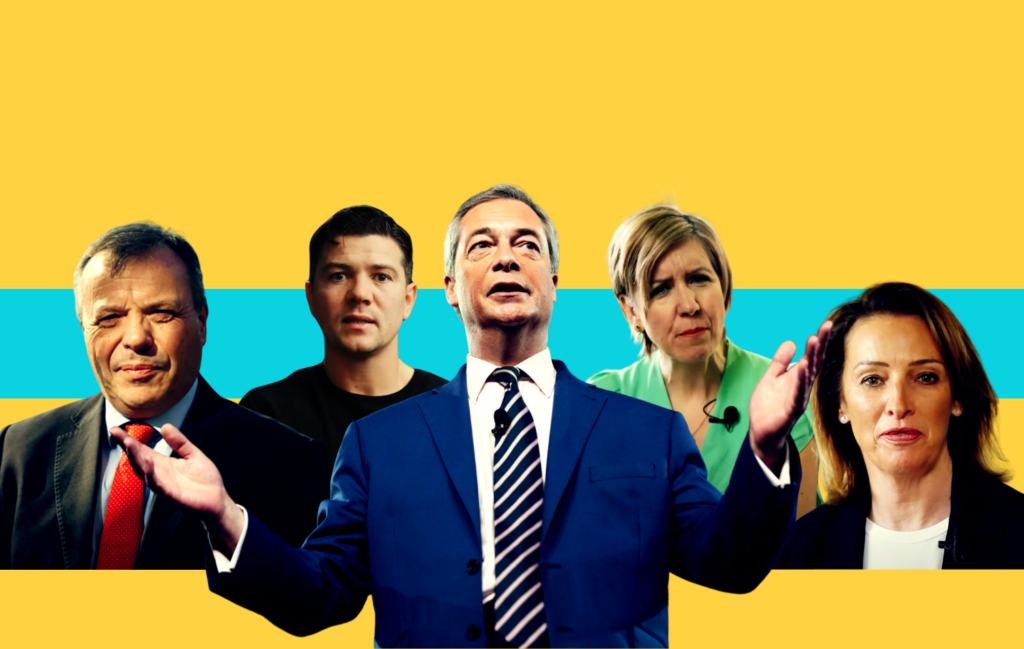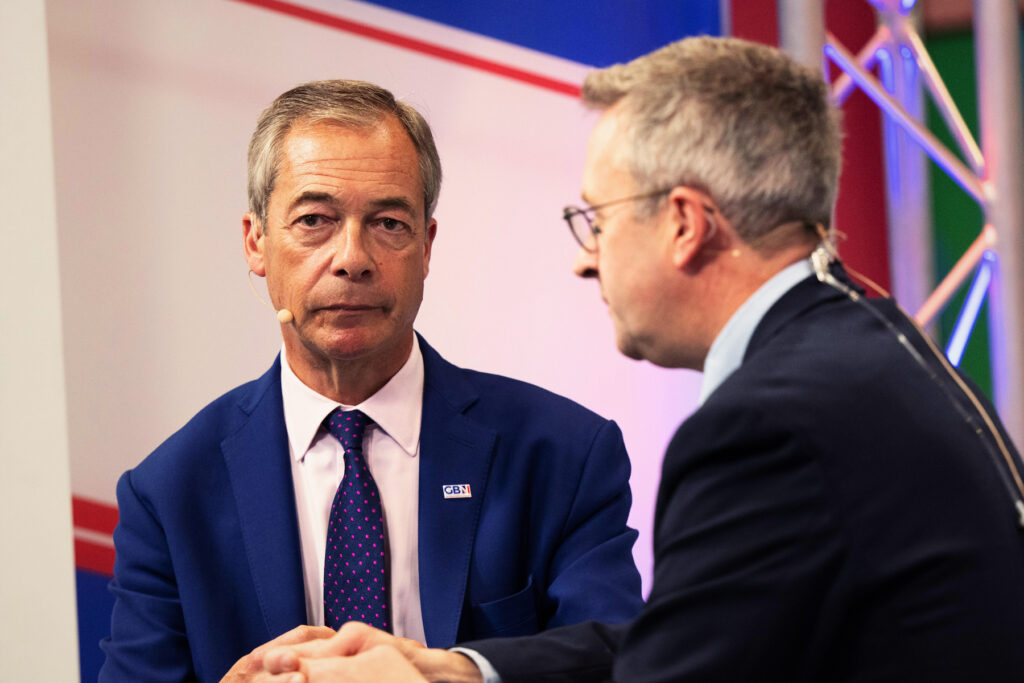By Jessica Corbett, Common Dreams. Originally published on Common Dreams under CC BY-NC-ND 3.0.
A pair of watchdog groups on Monday called out companies and trade groups that continued to financially support the 147 congressional Republicans who voted last year to overturn the 2020 presidential election results even after the January 6 attack on the U.S. Capitol.
The government watchdog group Accountable.US released an interactive report entitled In Bad Company, which focuses on 20 Fortune 500 companies and 10 industry groups that have contributed over $3.3 million to the eight senators and 139 representatives collectively dubbed the “Sedition Caucus” since a right-wing mob stormed the Capitol last year.
Companies profiled by Accountable.US range from fossil fuel and pharmaceutical giants such as Chevron, ExxonMobil, Merck, and Pfizer, to the shipping companies FedEx and UPS, to six major military contractors: Boeing, General Dynamics, L3Harris Technologies, Lockheed Martin, Northrop Grumman, and Raytheon Technologies.
“Major corporations were quick to condemn the insurrection and tout their support for democracy — and almost as quickly, many ditched those purported values by cutting big checks to the very politicians that helped instigate the failed coup attempt,” said Accountable.US president Kyle Herrig.
Herrig argued that corporations continuing to donate to lawmakers “who tried to overthrow the will of the people makes clear that these companies were never committed to standing up for democracy in the first place.”
Some members of the Sedition Caucus still cling to former President Donald Trump’s “Big Lie” that the 2020 election involved widespread voter fraud and was stolen from him — a baseless claim that led to the Capitol attack and, ultimately, Trump’s historic second impeachment.
Meanwhile, American voters, progressive lawmakers, and experts within and beyond the United States continue to sound the alarm about the state of the “backsliding” U.S. democracy.
“Even as democracy continues to be in the crosshairs of powerful purveyors of the Big Lie,” Herrig said Monday, “these CEOs would rather amass political influence than stand up for their customers, shareholders, and employees.”
The group Citizens for Responsibility and Ethics in Washington (CREW) also released a new report — authored by Angela Li and Areeba Shah — detailing how corporate donors have “broken promises and funded seditionists” in the aftermath of the Capitol attack.
“Since the insurrection, 717 corporations and industry groups have donated over $18 million to 143 of the 147 members of Congress who objected to the results of the 2020 presidential election, as well as the National Republican Senatorial Committee and the National Republican Congressional Committee,” according to CREW.
Li and Shah found that despite pledging to stop or halt donations to the Sedition Caucus, reviewed companies “have contributed a total of $4,785,000 to insurrectionist political groups, including $2,381,250 directly” to lawmakers’ campaigns and political action committees (PACs).
“Boeing ($346,500), Koch Industries ($308,000), American Crystal Sugar ($285,000), General Dynamics ($233,500), and Valero Energy ($207,500) are the top corporate donors to those who objected to the election and their party committees,” the report says.
The report also blasts trade associations, noting that “PACs affiliated with these groups have contributed $7,678,598 to insurrectionist political groups, including $5,251,098 to campaigns and leadership PACs directly.”
This is outrageous:
— Citizens for Ethics (@CREWcrew) January 3, 2022
Companies that pledged to stop or pause their political giving to insurrectionist members of Congress have since contributed a total of $2,381,250 directly to these members' campaigns and leadership PACs.https://t.co/ECrB1IyYge
While slamming the companies that “have failed to stick to their commitments to democracy,” CREW’s report also stresses that “it isn’t all bad news,” explaining that “more than half of the nearly 250 companies that said they would evaluate their political giving in the wake of the attack have not made a donation to seditionists since.”
“Toyota stopped giving to seditionist members as a result of public pressure and after receiving pushback from CREW. Hewlett Packard and Charles Schwab shut down their PACs entirely,” the report notes, adding that Hallmark Cards even requested that Sens. Josh Hawley (R-Mo.) and Roger Marshall (R-Kan.) return its PAC’s donations.
“These examples show accountability is possible,” the report says, “and highlight the failures of companies who have continued to support the Sedition Caucus.”
Leading up to the first anniversary of the Capitol attack, demands for accountability and scrutiny of political contributions to Big Lie supporters have increased. However, as Judd Legum pointed out Monday in his newsletter Popular Information, a false narrative about the overall state of corporate giving post-insurrection has emerged.
1. Several media outlets have reported that most corporations have already forgotten 1/6 and resumed supporting Republican objectors
— Judd Legum (@JuddLegum) January 3, 2022
THIS IS NOT TRUE
How do I know?
I actually looked at the data
Follow along if interestedhttps://t.co/CoGgwxevfB
In response to recent reporting that “relies on anecdotal evidence,” Popular Information revealed that based on Federal Election Commission filings in 2021 and 2019, “since January 6, corporate PAC contributions to Republican objectors have plummeted by nearly two-thirds.”
Legum focused on House members who ran as incumbents in 2019 and were seeking reelection in 2021, and found that “these 94 Republican objectors raised $11,052,925 from corporate PACs through November 30, 2021, the most recent data available.”
“The same 94 Republican objectors raised $27,205,290 from corporate PACs through November 30, 2019,” he explained. “So while the media narrative is that corporate PAC contributions to Republican objectors have returned to normal, the reality is that they’ve dropped by 60%.”
While exposing that “most corporate PACs have not ‘moved beyond’ January 6 and, as a result, many Republican incumbents face fundraising deficits,” Legum also emphasized that if they “shift their normal donations to Republican objectors from 2021 to 2022, the freeze will not be meaningful.”
Subscribe to our newsletter
Stay up to date with DeSmog news and alerts







